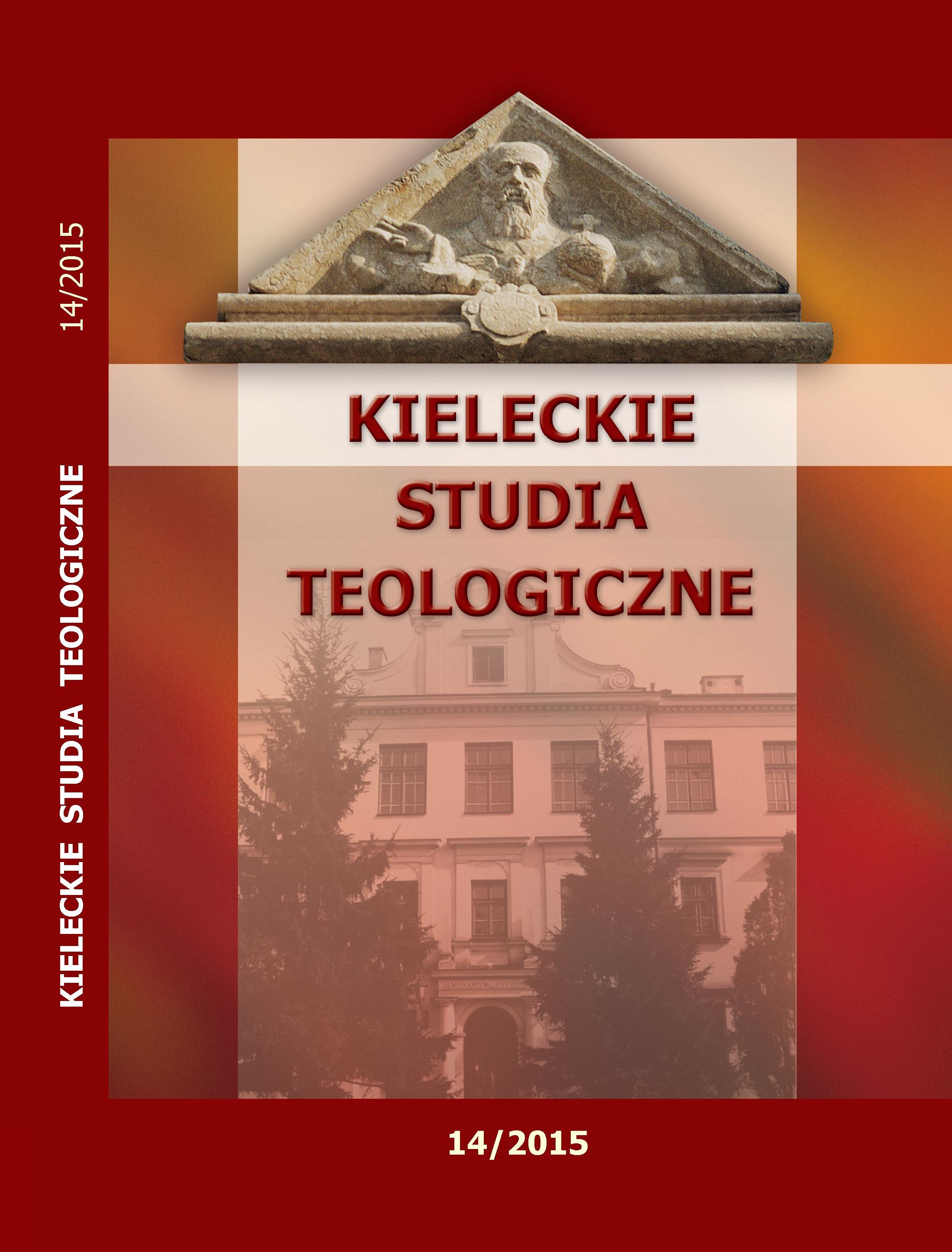OD SOBORU WATYKAŃSKIEGO II DO DZIEDZIŃCA POGAN, CZYLI O DIALOGU KOŚCIOŁA KATOLICKIEGO Z NIEWIERZĄCYMI
FROM THE VATICAN COUNCIL TO THE COURTYARD OF GENTILES - THE DIALOGUE OF THE CATHOLIC CHURCH WITH THE NON-BELIEVERS
Author(s): Roman KuligowskiSubject(s): Christian Theology and Religion, Theology and Religion, Pastoral Theology
Published by: Wyższe Seminarium Duchowne w Kielcach
Keywords: dialogue; the Courtyard of Gentiles; non-believers; the Second Vatican Council;
Summary/Abstract: The subject of the present study is the theological understanding of the Catholic Church’s dialogue with the people who do not believe in God. The purpose of the analysis undertaken by the author of this article is to answer the questions: why a follower of Jesus Christ should need dialogue with people denying the existence of God, what is the meaning of such dialogue, and how can such dialogue be beneficial to the followers of Christ?The author in search for the answers to the above questions, undertook to show the current declarations of the Church concerning the dialogue with the non-believers, and to show the issue in a historical perspective, depicting the evolution in the te¬aching of the Church in this area, from the words of St. John XXIII, through the teaching of the Second Vatican Council, of Pope Paul VI, the document of the Pontifical Council for Dialogue with Non-Believers De dialogo cum non-credentibus, and the teachings of Benedict XVI with his initiative called “the Courtyard of Gentiles”.The conducted analysis allowed to evidence that, beginning with Vatican II, the catholics have recognized the need for dialogue with the non-believers and that this dialogue, although it was regarded as a means of evangelization, was initially mainly aimed at getting to know the reasons why some believe in God, and others do not. Moreover, in the post-conciliar teaching of the Church, the dialogue is seen as something that helps purify and perfect faith, especially that Christians too have their share among the causes of the contemporary unbelief. Finally, dialogue is also a form of testimony, where both the believers and the non-believers in the end speak about God, His teachings and the Gospel. It is done not only in word, but also, more importantly, in deed, as both the believers and non-believers work together for the common good.
Journal: Kieleckie Studia Teologiczne
- Issue Year: 2015
- Issue No: 14
- Page Range: 83-105
- Page Count: 23
- Language: Polish

